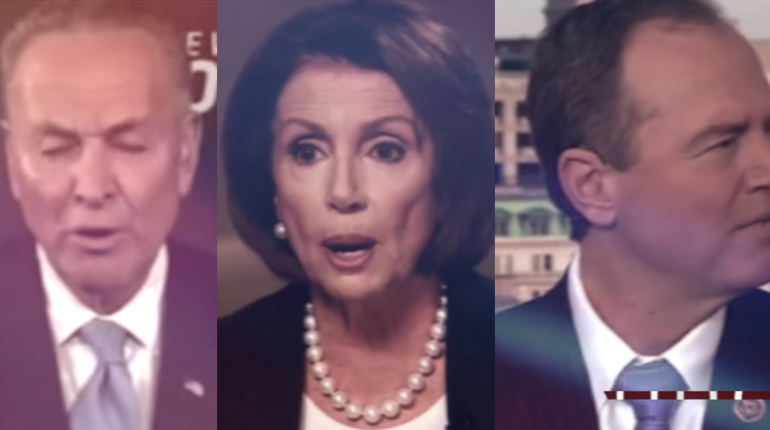OF THE
TIMES
Heaven and hell are eternal places because they are always present at the extremes of human existence, for better or for worse. People are constantly choosing between them, although they are generally not conscious of that in an articulated manner.
The insights and strategies you've shared are exactly what I needed to take my life to the next level. It's clear that you're passionate about...
A suggestion to SOTT. Context: The news cycle is pretty negative. Politics, lawfare, Congress and the "axis of evil", election, Ukraine, Israel,...
Despite recent low growth figures, gross domestic product surged in the third and fourth quarters of 2023 to 3.4% and 4.9%, respectively. Economic...
Imagine you live in a neighborhood and one of your neighbors is running a meth lab that could explode at any moment. What would you do? Imagine...
Recently an old documentary was linked that included Dr. Karla Turner who died from "cancer" at age 48. She was an abductee and an investigator...
To submit an article for publication, see our Submission Guidelines
Reader comments do not necessarily reflect the views of the volunteers, editors, and directors of SOTT.net or the Quantum Future Group.
Some icons on this site were created by: Afterglow, Aha-Soft, AntialiasFactory, artdesigner.lv, Artura, DailyOverview, Everaldo, GraphicsFuel, IconFactory, Iconka, IconShock, Icons-Land, i-love-icons, KDE-look.org, Klukeart, mugenb16, Map Icons Collection, PetshopBoxStudio, VisualPharm, wbeiruti, WebIconset
Powered by PikaJS 🐁 and In·Site
Original content © 2002-2024 by Sott.net/Signs of the Times. See: FAIR USE NOTICE

Comment: Considering the increasingly unhinged behavior of high-profile Democrats and the obvious corruption within its ranks, it's hardly surprising that people are fed up: